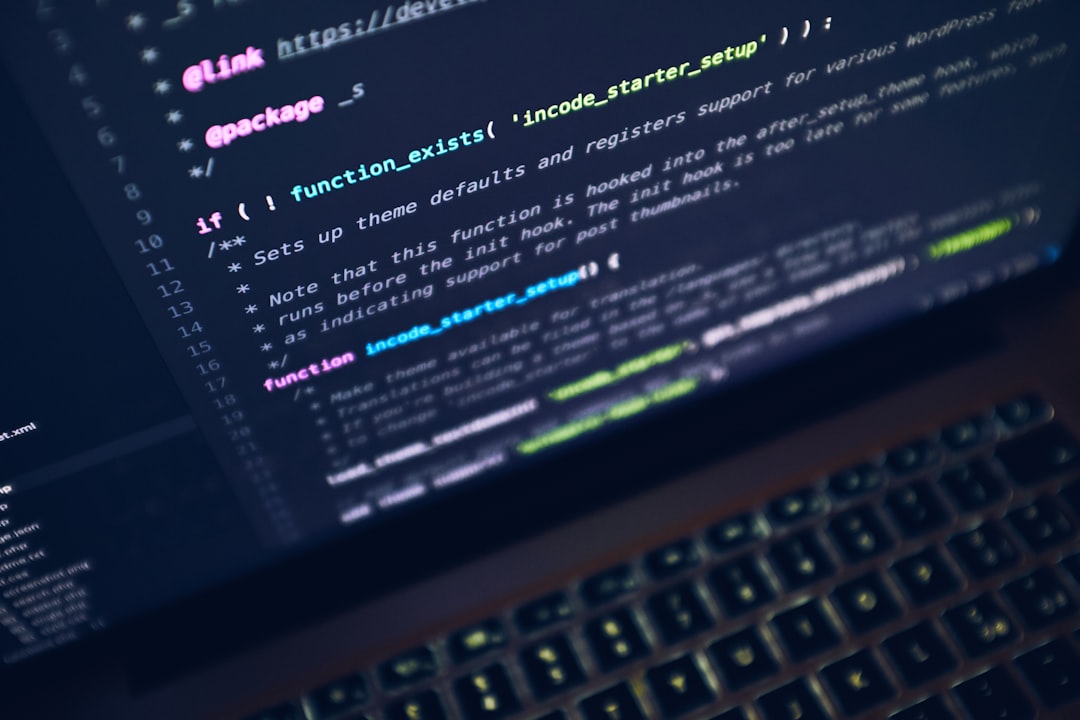
Unlocking the Future: How AI-Powered Automation is Revolutionizing Industry Efficiency
In today’s fast-paced world, industries are continuously seeking methods to enhance productivity and efficiency. The advent of AI-powered automation has emerged as a transformative force, reshaping how businesses operate. This article explores how AI-driven solutions are revolutionizing industry efficiency, the current developments in this field, and practical applications that highlight its enormous potential.
The Rise of AI-Powered Automation
Artificial Intelligence (AI) and automation are not new concepts, but their convergence has created unprecedented opportunities for industries. From manufacturing to healthcare and finance, AI-powered automation is streamlining processes, reducing human error, and driving innovation.
Understanding AI-Powered Automation
AI-powered automation refers to the integration of AI technologies with automated processes, allowing systems to learn from data, make decisions, and execute tasks with minimal human intervention. This synergy between AI and automation enables organizations to optimize operations, enhance customer experiences, and reduce costs.
Current Developments in AI-Powered Automation
Intelligent Process Automation (IPA)
One significant trend gaining traction is Intelligent Process Automation (IPA). IPA combines Robotic Process Automation (RPA) with AI capabilities to create systems that can perform complex tasks. For instance, in finance, IPA can automate data entry, analyze financial reports, and even predict market trends, leading to faster and more accurate decision-making.
Machine Learning and Predictive Analytics
Machine learning algorithms are becoming increasingly sophisticated, enabling predictive analytics that can anticipate future outcomes based on historical data. Industries can leverage these insights to optimize supply chains, manage inventory, and improve customer service. For example, retailers are using predictive analytics to forecast demand and adjust stock levels accordingly, thereby minimizing waste and maximizing profits.
Natural Language Processing (NLP)
Natural Language Processing is another area where AI is making strides. Businesses are employing NLP for chatbots and virtual assistants that can handle customer inquiries, process orders, and provide support without human intervention. This not only enhances customer satisfaction but also frees human employees to focus on more complex tasks.
Practical Applications of AI-Powered Automation
Manufacturing
In manufacturing, AI-powered automation is revolutionizing production lines. Smart factories utilize IoT sensors and AI algorithms to monitor equipment health, predict failures, and optimize maintenance schedules. For example, Siemens has implemented AI systems that analyze machine data to enhance operational efficiency, resulting in reduced downtime and increased productivity.
Healthcare
The healthcare sector is also benefiting significantly from AI-powered automation. Hospitals are using AI systems to automate patient data management, streamline appointment scheduling, and assist in diagnostics. IBM’s Watson Health, for instance, analyzes vast amounts of medical data to provide insights that help healthcare professionals make better-informed decisions.
Finance
In finance, AI-powered automation is enhancing compliance, risk management, and fraud detection. Companies like JPMorgan Chase are utilizing AI to automate document review processes, which traditionally required extensive legal expertise. By doing so, they have significantly reduced the time taken to review contracts and other legal documents.
Expert Opinions on AI-Powered Automation
According to Dr. Raj Ramesh, a leading AI researcher, “The key benefit of AI-powered automation lies in its ability to learn and adapt. This adaptability will drive efficiency across various sectors, allowing businesses to respond to changing market dynamics swiftly.”
Case Studies Illustrating Impact
Case Study: Amazon
Amazon’s use of AI-powered automation in its fulfillment centers exemplifies the efficiency of this technology. Through robotic systems, predictive analytics, and machine learning, Amazon has reduced order processing times significantly while maintaining high accuracy levels. This operational efficiency has contributed to its dominance in the e-commerce sector.
Case Study: Tesla
Tesla employs AI-powered automation in its production processes as well. The company’s Gigafactories incorporate advanced robotics that work alongside human workers to manufacture electric vehicles at scale. This integration has allowed Tesla to ramp up production while ensuring quality and precision.
Emerging Trends to Watch
As technology continues to evolve, several trends are emerging in the realm of AI-powered automation:
-
AI Ethics and Governance: As AI systems become more prevalent, discussions around ethical AI use and governance are becoming essential. Companies must ensure that their automation processes are transparent and free from bias.
-
Collaborative Robots (Cobots): The rise of cobots, designed to work alongside humans, is changing the landscape of automation. These robots enhance human capabilities rather than replacing them, making workplaces safer and more efficient.
-
AI-Driven Decision-Making: Future industries will increasingly rely on AI-driven decision-making processes, allowing for quicker and more accurate responses to market changes.
Conclusion
AI-powered automation is not just a technological advancement; it represents a paradigm shift in how industries operate. By embracing these innovations, organizations can unlock new levels of efficiency and productivity, ensuring they remain competitive in an ever-evolving marketplace.
For readers interested in diving deeper into the world of AI and automation, consider exploring resources such as:
The future of industry efficiency is bright, and AI-powered automation is at the forefront of this transformation. By staying informed and adapting to these changes, businesses can thrive in a landscape defined by rapid technological advancement.
Encourage your peers to explore this topic further and share your thoughts on how AI-powered automation is shaping your industry. Whether you are a business leader, an employee, or a tech enthusiast, engaging in this conversation is crucial for understanding and capitalizing on the future of work.


